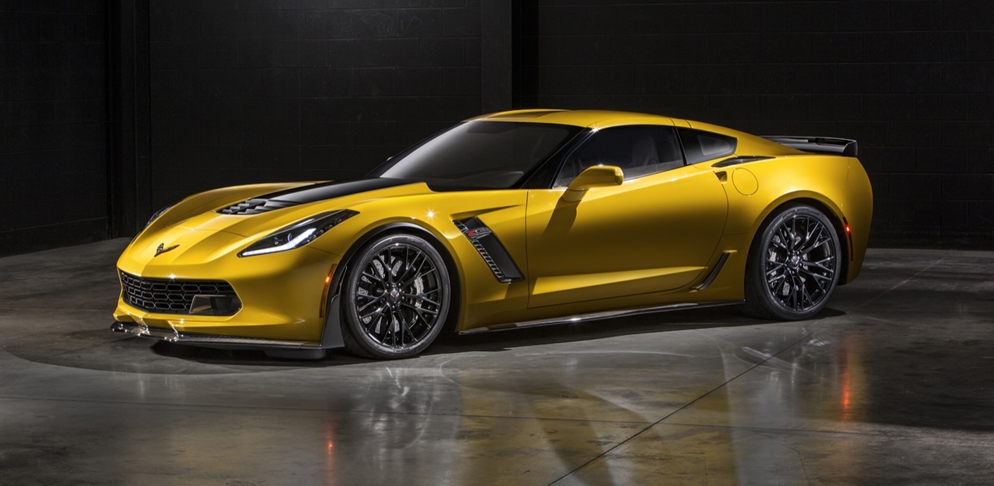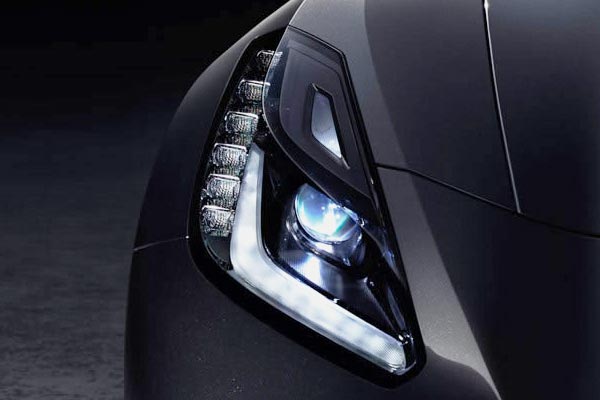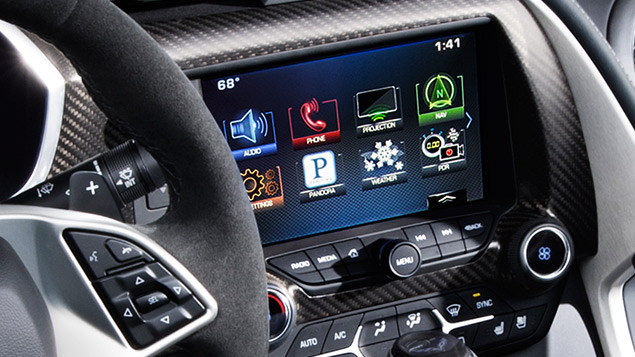Tech Trends We Can Expect to See in Cars by 2020

Auto technologies are advancing at an alarming rate, and not just inside the car, but outside, too. Even putting aside advanced navigation systems, internet-capable radios, and windshield heads-up-displays, the mechanics under the hood have grown smarter. Self-driving vehicles are navigating roadways across the country as we speak.
It won’t be long before our beloved Corvettes could have some self-driving abilities as well, at least in the way of auto braking. Still, that’s not the only tech we can expect to see in the future.
Real-time Health Monitoring
A surprising amount of vehicle accidents happen because of a driver’s poor state of health — about 1.3 percent of all car accidents, to be precise.
Naturally, various car manufacturers have already submitted patents to include active health monitoring technology inside their vehicles. The tech will scan for hidden medical conditions and alert drivers if it identifies early warning signs of a heart attack, stroke or other serious issues.
This health scanning system could be paired with self-driving tech to prevent potentially dangerous accidents. It could ping emergency services if the driver or passengers are in trouble, and it could pull the vehicle over to the side of the road, out of harm’s way.
Smarter Headlights

Volvo will soon be rolling out unique tech they have dubbed “bending” headlights. The lamps are connected to the steering column in much the same way as the wheels, so that when you turn the car the headlights will bend or swivel to light up more of the path ahead.
The idea is that these types of headlights will be able to light up a wider area when you are turning, making it much safer to drive at night.
Biometric Authentication
One feature smartphone manufacturers have started including in their latest devices is a biometric lock. Basically, the phone is equipped with a fingerprint scanner that allows you to store biometric data and use it to access the phone when it is locked.
It’s a form of authentication — similar to a password — that uses unique parts of your body to grant access. Imagine if this technology were to be implemented for vehicles: You could open your Corvette using nothing more than your fingerprint.
Manufacturers who don’t want to slap a fingerprint scanner on the outside of the door could instead allow a smartphone to gain access to the vehicle remotely, using a fingerprint.
Ford already filed a patent for this kind of technology back in 2012, so it’s likely we will see it crop up in some of their latest vehicles soon. If Ford is going to do it, you better believe Chevy will too.
Gesture Controls

Forget the traditional dials and knobs, or the modern touchscreen displays: both of those interfaces still require you to use your hands. This is dangerous, especially when you’re driving at high speeds.
With the BMW 7 Series, the company introduced gesture controls, eliminating the need to physically interact with an infotainment system. The BMW models in question are outfitted with an infrared camera embedded in the rear-view mirror. This camera identifies hand gestures the driver makes to perform certain functions.
For example, you can quickly wave your hand to dismiss incoming calls. This tech is exciting because it requires little attention and will allow you to focus on your driving instead.
This is merely a small taste of what technological advancements to expect in the auto industry, and it only accounts for some of the most recent systems. We can’t even imagine what will be possible in the next ten years, but it’s a given that vehicles everywhere will become smarter and more efficient.
